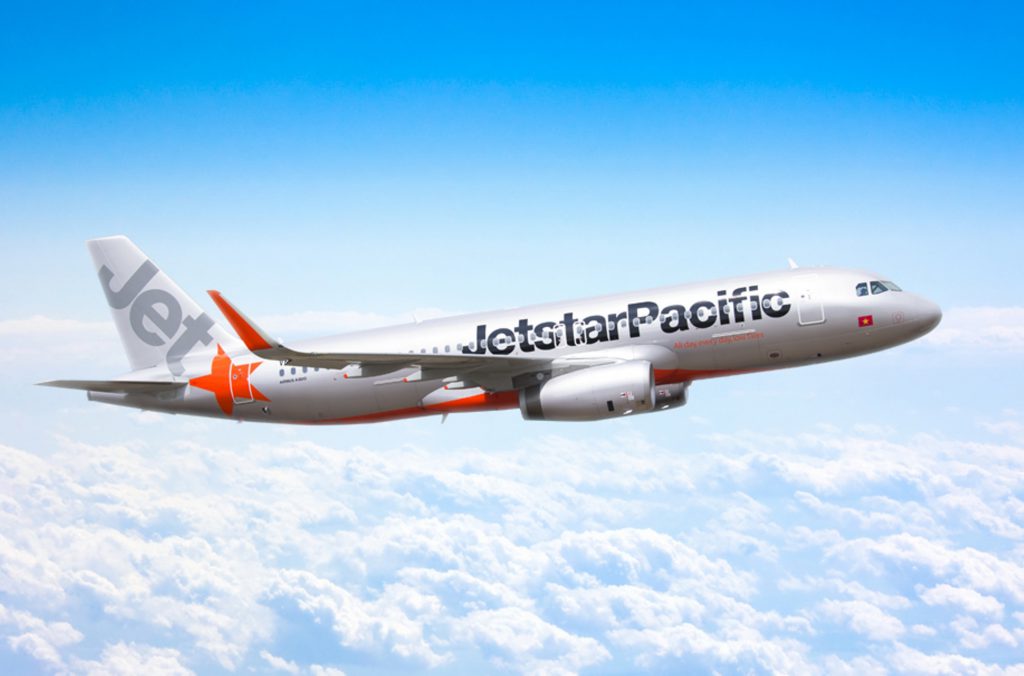Qantas Airways’ budget arm Jetstar said Singapore’s move to raise passenger fees at its Changi Airport will compel the carrier to “shift flights around” to cope with changes in demand and may impact the city-state’s aviation hub status.
The Civil Aviation Authority of Singapore (CAAS) said earlier this week it would introduce a new airport development levy effective July 1 of S$10.80 ($8.17) for passengers who begin their trips from Changi and S$3.00 for those transiting.
Changi Airport is also raising a passenger service and security fee, currently at S$27.90, by S$2.50 from July 2018. The fees will also be increased by S$2.50 annually over the next six years from April 2019. The measures are to help fund the city-state’s airport expansion plans, which include a fifth terminal that is to be completed around 2030.
Jetstar’s CEO Gareth Evans said on Friday the additional fees would lead to an average increase of 15-20 percent on the fares the company sells in this market.
“We are going to have to shift flights around because demand will change,” Evans told Reuters on the sidelines of the CAPA Global LCC Summit in Singapore.
“Singapore is competing with Hong Kong, China and Middle Eastern hubs. People will change hubs to fly to Europe, for a few dollars,” he said.
Last month, the head of the International Air Transport Association (IATA) said that growing cost of airport infrastructure posed risks to the global airline industry’s profitability and growth.
Changi, which is the world’s sixth busiest airport for international traffic, saw a record 62.2 million passengers in 2017.
Qantas, which reported a record half-year profit in February, is due to move its hub to Singapore from Dubai at the end of this month.
Jetstar has three Asian joint venture units, Jetstar Asia (Singapore), Jetstar Japan and Jetstar Pacific (Vietnam). Evans said he hoped for continued profitability at the Asian ventures, after all three had a profitable half, which happened for the first time.
Jetstar is scheduled to take delivery of 18 Airbus A321neo LR from 2020, which have a longer range than the older A320s they would be replacing. It has an order stream of 99 A320neo family jets.
Evans said the company would probably ultimately need a fleet that was equally balanced between A321neo and A320neo aircraft, but the Airbus order remained flexible.






